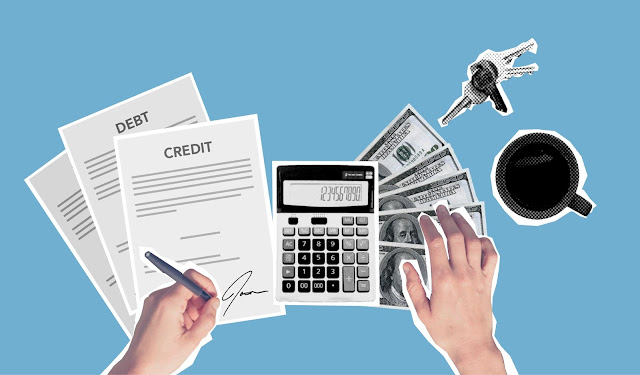At some point in our lives, most of us have faced financial hardships that have impacted our credit scores negatively. A low credit score can make it challenging to obtain loans, credit cards, or other financial products. However, rebuilding your credit score after financial difficulties is possible with proper planning, discipline, and patience.
In this article, we will guide you on how to rebuild your credit score after financial hardships. We understand that rebuilding your credit score can be a daunting task, but we are here to help you get started and stay on track.
Assess your credit report
The first step to rebuilding your credit score is to assess your credit report. A credit report is a summary of your credit history, including credit card accounts, loans, and payments. You can obtain a free copy of your credit report from each of the three major credit bureaus annually.
Reviewing your credit report will help you identify any errors or inaccuracies that could be negatively impacting your credit score. If you notice any errors, dispute them with the credit bureau to have them corrected.
Create a budget
Creating a budget is crucial in rebuilding your credit score. A budget will help you track your spending, reduce unnecessary expenses, and prioritize payments.
Start by listing all your income sources and expenses, including rent, utilities, groceries, and other bills. Assign every dollar to a specific expense, and ensure that your total expenses are less than your income.
Prioritize payments
Prioritizing payments is critical in rebuilding your credit score. Focus on making timely payments for your essential bills, such as rent, utilities, and car payments, to avoid late payment fees and negative marks on your credit report.
Consider setting up automatic payments to ensure that you never miss a payment due date. Paying off any outstanding debts, such as credit card balances, will also positively impact your credit score.
Establish credit
Establishing credit is crucial in rebuilding your credit score. Consider applying for a secured credit card, which requires a security deposit to use, to help rebuild your credit. A secured credit card works like a regular credit card, and timely payments will positively impact your credit score.
Another way to establish credit is to become an authorized user on someone else's credit card account. However, ensure that the primary account holder has a good credit history, and the credit card issuer reports authorized user activity to the credit bureaus.
Keep your credit utilization low
Credit utilization refers to the amount of credit you are using compared to the total amount of credit available to you. Keeping your credit utilization low is essential in rebuilding your credit score.
Aim to keep your credit utilization below 30% of your available credit. For instance, if your credit limit is $1,000, try to keep your balance below $300.
Be patient
Rebuilding your credit score takes time and patience. It could take several months or even years to see a significant improvement in your credit score.
Be patient, and do not get discouraged if you do not see immediate results. Continue making timely payments, keeping your credit utilization low, and establishing credit, and your credit score will gradually improve.
Conclusion
Rebuilding your credit score after financial hardships is possible with proper planning, discipline, and patience. Assess your credit report, create a budget, prioritize payments, establish credit, keep your credit utilization low, and be patient. Following these steps will help you rebuild your credit score and improve your financial health.

